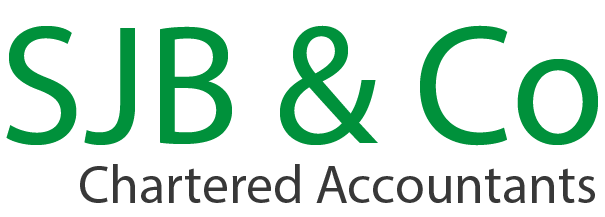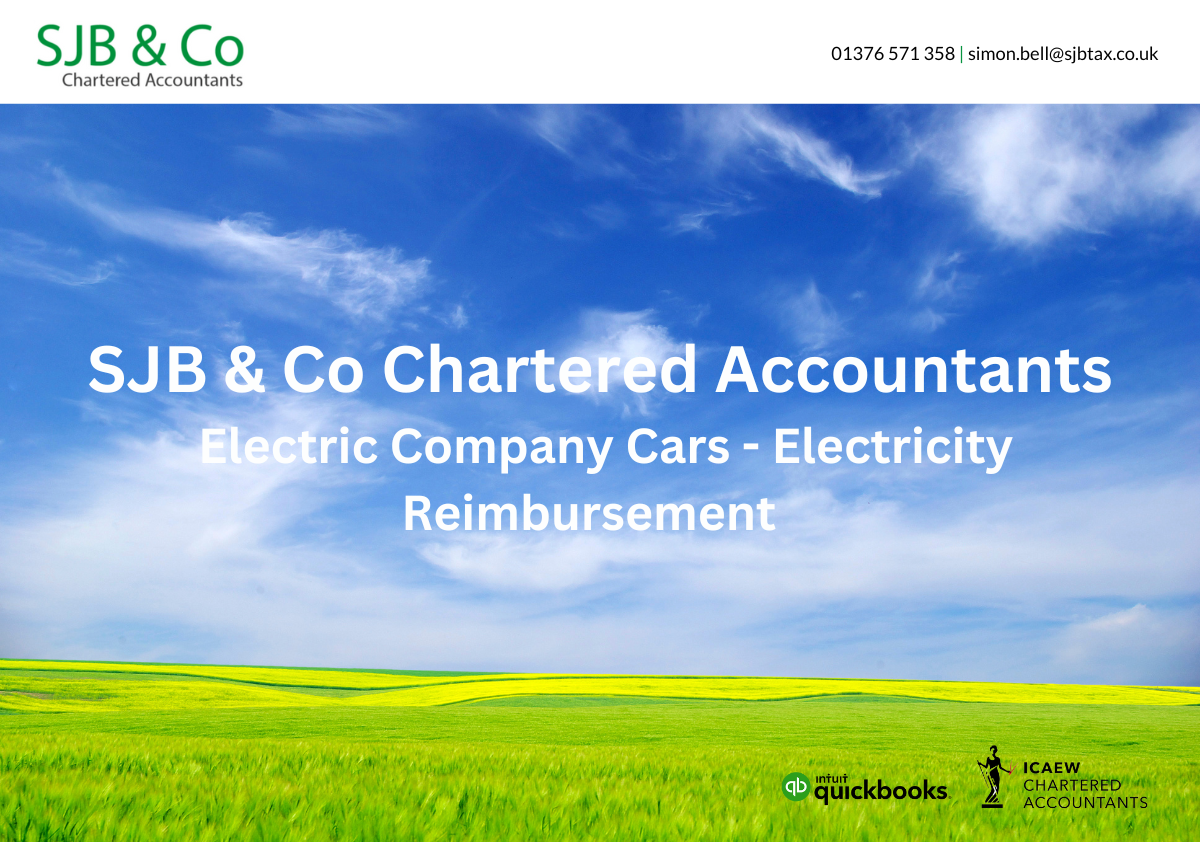| Electric company cars – reimbursed domestic electricity costs |
HMRC have recently changed their policy allowing employers to reimburse the cost of electricity used in charging an electric company car at home tax free. This further increases the attractiveness of electric company cars as a tax-efficient benefit.
Key dates
HMRC announced this change of policy on 11 October 2023.
This note explains the impact of the policy change and the tax advantages of electric company cars.
Taxation of electric company cars
Electric company cars are a very tax-efficient benefit. Where an electric car is available for private use, for 2023/24 and 2024/25, the employee is taxed on 2% of the list price of the car plus that of any optional accessories (as reduced by capital contributions up to £5,000, and amended to reflect any periods of unavailability or any contributions for private use).
This means that the taxable value of the benefit of an electric company car costing £30,000 is only £600 for 2023/24 and 2024/25, costing a basic rate taxpayer £120 a year in tax and a higher rate taxpayer £240 a year. The employer’s Class 1A National Insurance cost is only £82.80 a year.
Although the appropriate percentages are to increase by one percentage point a year from 2025/26 to 2027/28, reaching 5% in 2027/28, electric company cars will remain a tax-efficient benefit for the foreseeable future.
No fuel charge
A further benefit of electric company cars is that no fuel benefit charge arises if the employer provides or pays for the cost of electricity for private journeys. This is because HMRC do not regard electricity as a fuel for the purposes of the fuel benefit charge.
The employer may opt to provide charging facilities at work or pay for a charge card that allows the employee to use public charging points.
Reimbursement of home charging costs
HMRC now accept that no tax charge arises where an employer reimburses the cost of domestic electricity used by an employee who charges their electric company car at home.
A tax exemption applies to prevent a further tax charge arising in connection with benefits, such as insurance, repairs and road tax, provided in connection with a taxable company car. Previously, HMRC took the view that the reimbursement of domestic electricity costs where an employee charged their electric company car at home did not fall within the scope of this exemption. While employers were able to reimburse employees business mileage tax-free using the advisory fuel rates (set at 10 pence per mile for electric cars since 1 September 2023), any reimbursement of the cost of electricity for private travel was taxable.
This created something of an anomaly in that no tax charge arose if the employer paid or provided the electricity for private journeys, but if an employee initially paid for the electricity and reclaimed, the reimbursement was taxed.
The change of policy addresses this anomaly, and any reimbursement of domestic electricity costs can now be made tax free. However, HMRC stress that the exemption only applies where it can be demonstrated that the electricity is used to charge a company car.
The exemption also applies to employees with company vans available for private use who charge them at home.
Home chargers
An employer can also pay for an electric charging point to be installed at the home of an employee with an electric company without triggering an additional tax charge.
Please call if you need help with any of the issues raised in this post.
Please feel free to forward this newsletter to any colleagues or friends who may be interested in it.
For more information or to discuss any issues raised above please contact Simon Bell by phone on 01376 571358 or email [email protected]
This article is written in general terms and therefore cannot be relied on to cover specific situations; applications of the principles set out will depend on the particular circumstances involved and it is recommended that you take professional advice before acting or refraining from acting on any material in the newsletter.






